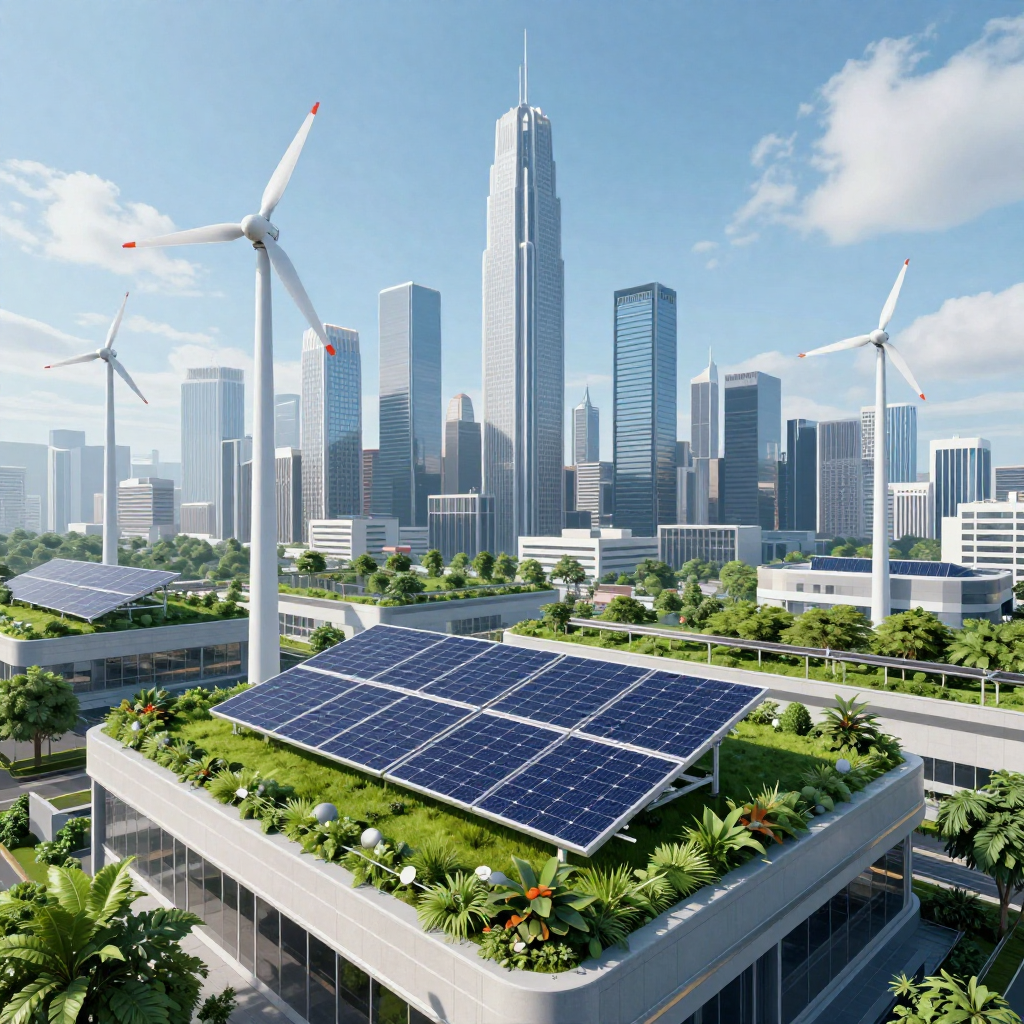Introduction
Rapido, widely known for its bike taxi services, is preparing to enter India’s crowded but fast-growing food delivery space. With a fresh funding round of ₹125 crore (~$15 million) from Nexus Venture Partners and a reported valuation of $1.1 billion, the company is positioning itself as a serious challenger to Zomato and Swiggy — India’s food delivery duopoly.
The key question now is: Can Rapido break the cycle of high commissions, frustrated delivery partners, and dissatisfied restaurants — and rewrite the rules of food delivery in India?
1. Strategic Shift: From Bike Taxis to Biryani
Rapido made its mark by targeting a segment left underserved by Ola and Uber — two-wheeler drivers. By offering fixed pricing, better rider incentives, and lower commissions, it attracted a large fleet of drivers tired of the unpredictability of gig work. This rider-first approach gave Rapido a loyal and scalable supply-side base.
Now, it’s applying the same formula to food delivery, this time targeting restaurants and end consumers.
2. Lower Commission, Simpler Pricing: Rapido’s Value Proposition
One of the biggest pain points for restaurants on Swiggy and Zomato is the high commission rate, often ranging from 16% to 30%, combined with opaque terms and ad-driven visibility algorithms.
In contrast, Rapido is offering a flat 8–15% commission, and a transparent delivery fee for consumers:
This approach provides predictability for both restaurants and customers, creating a more sustainable ecosystem.
3. Restaurant Community Welcomes the Move
Rapido has already signed terms with the National Restaurant Association of India (NRAI), signalling strong industry support.
Over the past year, restaurant owners have increasingly voiced their frustration on platforms like LinkedIn, calling out:
Rapido’s entry is being seen by many as a much-needed alternative that prioritizes unit economics over platform control.
4. Impact on Incumbents: Zomato and Swiggy React
Following Rapido’s announcement of its pilot rollout in Bengaluru (expected June–July 2025), both Zomato and Swiggy shares dropped between 2.5%–4%. Investors clearly understand that even a small shift in market dynamics — especially one that puts pricing pressure on commissions — can lead to significant margin compression for the incumbents.
This isn’t the first time Rapido has disrupted incumbents. Its tie-up with idle-time Swiggy riders for last-mile delivery shows its willingness to collaborate and compete at the same time — a classic asymmetric playbook.
5. Market Potential: A $15 Billion Opportunity
India’s food delivery market is currently estimated at $6–7 billion, but is expected to reach $15 billion by 2029, growing at a CAGR of 20–30%.
What’s even more striking is that food delivery accounts for only ~11% of total food consumption in India, compared to:
-
40% in China
-
58% in the United States
This indicates massive headroom for growth. With urbanisation, time-poor households, and smartphone penetration rising, the next wave of growth will likely come from Tier 2 and Tier 3 cities — where Rapido already has brand presence via its bike taxi business.
6. Rapido’s Unique Edge: Trust and Affordability
Unlike the heavily VC-backed burn models of the past, Rapido is betting on trust, fairness, and simplicity:
-
Fixed pricing for riders (bike taxi success)
-
Lower commissions for restaurants (food delivery pilot)
-
Predictable charges for customers (no surprise fees)
This three-way alignment could become its biggest competitive moat.
7. Risks and Challenges
However, the path is not without risk. Key challenges include:
-
Customer acquisition in an already saturated space
-
Restaurant onboarding and last-mile delivery SLAs
-
Competing against Zomato/Swiggy’s deep pockets and loyalty programs
-
Managing operational efficiency at scale
The pilot in Bengaluru will serve as a key litmus test for the model.
Conclusion: Can Rapido Become India’s Third Food Delivery Giant?
Rapido’s expansion into food delivery is not just another startup pivot — it’s a deliberate strike at structural inefficiencies in India’s hyper-competitive food tech landscape.
With restaurant and rider communities increasingly vocal about unfair terms from incumbents, and investors hungry for sustainable business models, Rapido may just be in the right place at the right time.
The next 6–12 months will determine whether this playbook scales — and whether Rapido's unlisted valuation of $1.1 billion continues to rise as India’s digital consumer economy expands.




